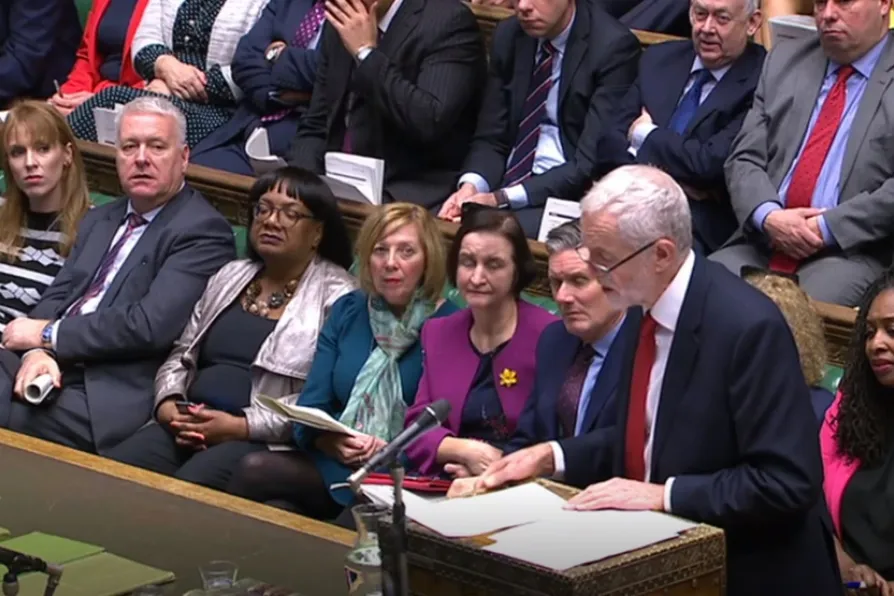Benefits freeze: Corbyn turns up heat on May


JEREMY CORBYN challenged Theresa May today to say whether or not she cares that Britain’s poor are becoming even poorer on her watch while the richest get richer.
During Prime Minister’s Questions (PMQs), the Labour leader pointed to figures released this week by the Office for National Statistics (ONS) showing that the average disposable income of the poorest fifth of the population has fallen by 1.6 per cent.
At the same time, the richest fifth’s disposable income rose by 4.7 per cent.
Similar stories

It’s the dramatic rise of China with its burgeoning economy that has put the Trump administration into a frenzy – with major implications both at home and abroad, argues MICHAEL BURKE

Labour accused of ‘balancing the books off the backs of the poor’ in spring spending statement

Meanwhile, the Prime Minister walks in the direction of the biggest bosses











